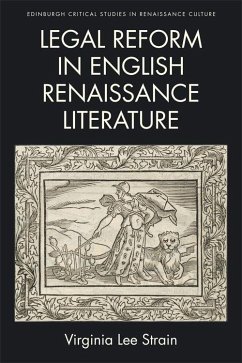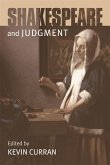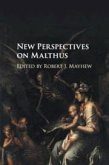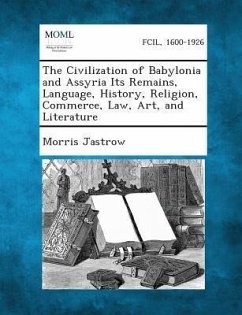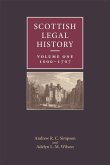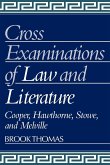''In this richly conceived and tightly argued study of legal reform as one index of law's openness and ongoing potential, Virginia Lee Strain details how Elizabethan poets and dramatists exploited the formal resources of genre, plot and language to reimagine and even re-authorise the attempts at law, both professional and political, to bring greater efficiency and consistency to the administration of justice. A terrific achievement.' Bradin Cormack, Princeton University The first monograph study of legal reform and literature in early modern England This book investigates rhetorical and representational practices that were used to monitor English law at the turn of the seventeenth century. The late-Elizabethan and early-Jacobean surge in the policies and enforcement of the reformation of manners has been well-documented. What has gone unnoticed, however, is the degree to which the law itself was the focus of reform for legislators, the judiciary, preachers and writers alike. While the majority of law and literature studies characterise the law as a force of coercion and subjugation, this book instead treats in greater depth the law's own vulnerability, both to corruption and to correction. In readings of Spenser's Faerie Queene, the Gesta Grayorum, Donne's 'Satyre V' and Shakespeare's Measure for Measure and The Winter's Tale, Strain argues that the terms and techniques of legal reform provided modes of analysis through which legal authorities and literary writers alike imagined and evaluated form and character. Virginia Lee Strain is Assistant Professor of English at Loyola University Chicago. Her articles have appeared in ELH and Literature Compass, as well as in several essay volumes, including The Oxford Handbook on Law and Literature, 1500-1700, Shakespeare and Judgment and Taking Exception to the Law. Cover image: 'Ragione di stato', from Henry Peacham, Minerva Britanna; or, A Garden of Heroical Devises, Furnished, and Adorned with Emblemes and Impresa's of Sundry Natures (London: 1612), p. 22. Reprinted with permission from the Huntington Library. Cover design: [EUP logo] edinburghuniversitypress.com ISBN 978-1-4744-1629-0 Barcode
Hinweis: Dieser Artikel kann nur an eine deutsche Lieferadresse ausgeliefert werden.
Hinweis: Dieser Artikel kann nur an eine deutsche Lieferadresse ausgeliefert werden.

